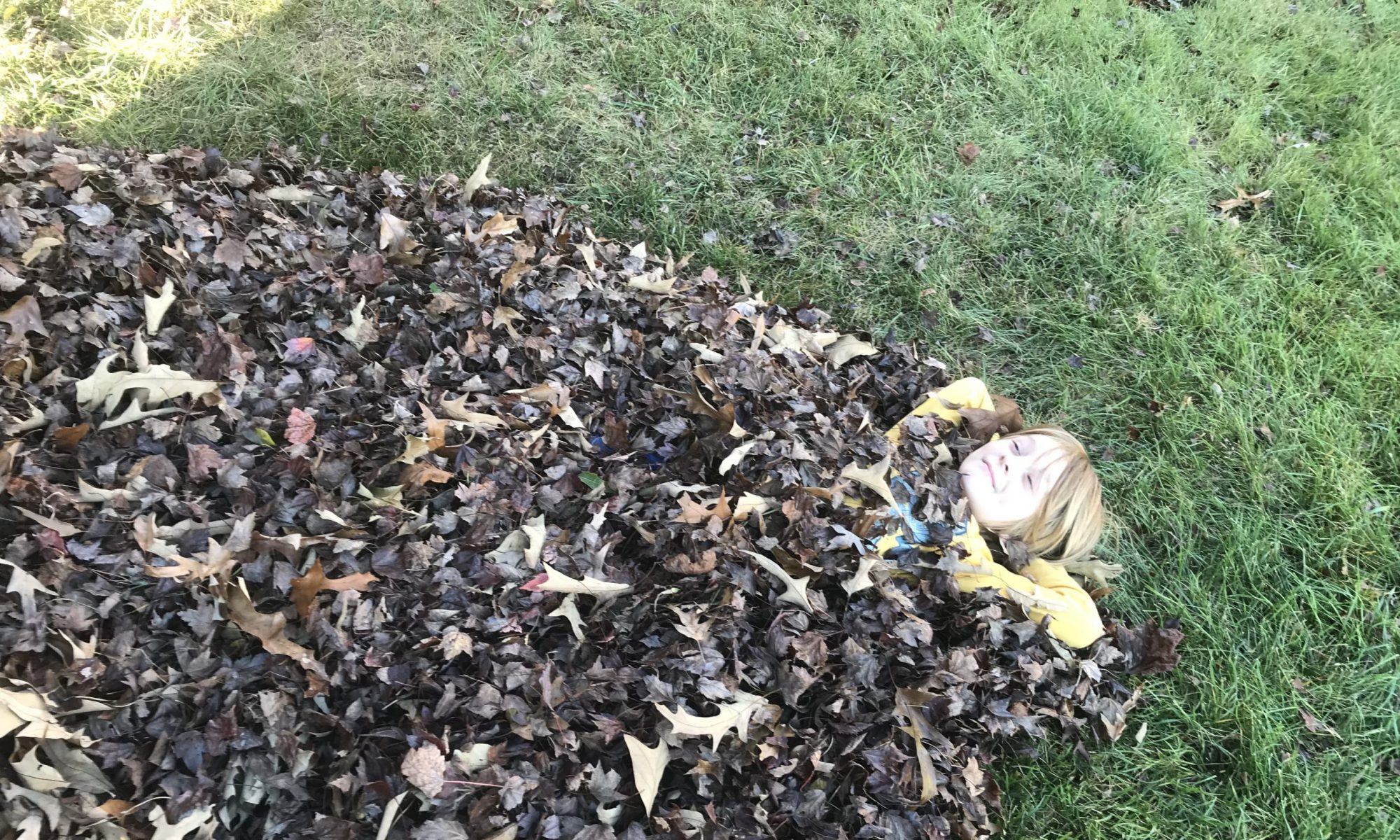Can modern parenting get much more complex? It seems every time you turn on the news there is someone offering their two cents about what is and what isn’t good parenting. Lately the debate is centered on inoculating children for measles.
While I can understand a parent’s deep desire to make the best decisions possible to insure their child is healthy and protected from all the dangers of the world, I do wonder if some of the young folks making these decisions have any concept of just what a horrible disease measles is and why it just might be better to take the risk.
I came down with the measles in late April, 1960. My mother first noticed I wasn’t feeling well one Saturday at lunch time when I wouldn’t eat my peanut butter and jelly sandwich. My Aunt Kathy was going to take me to see “101 Dalmatians” and I had to eat my sandwich before she came to pick me up. I couldn’t eat it and began to cry. Since I was such an even tempered child, (I’m taking license here), Mom, checked my forehead, put a nix on the movie and put me in bed.
The next several weeks are a blur. I remember being camped-out on the living room couch with a sheet to cover me and a bucket by my side. My whole body ached and voices sounded hushed and far away. There were glasses of water with paper straws and saltine crackers to nibble on. I had no concept of time, only that my dad would carry me down in the morning and then back up to my bed at night.
Through the course of the disease, I missed almost four weeks of school including the May Day celebration where I had been elected to reign as queen. By my brother’s first birthday celebration on the 11th, I was still too sick to get off the couch. Instead, my parents gave me a couple of balloons to make me feel better.
Fortunately, as soon as I was diagnosed, my siblings received gamma-globulin injections and were spared the full disease and my parents, who were in their mid-twenties, the agony of seeing any more of their children suffer as I did.
Yes, I survived but the weeks of illness dropped my body weight and compromised my immune system leaving me susceptible to almost every other “childhood disease” over the course of the next two years. Consequently, I was very skinny, scrawny little kid.
As I look back at my experience, I can only wonder what those weeks must have been like for my poor mother. Young and with three other little ones to tend to, I can only imagine the anxiety she and my dad both felt and their relief when my fever finally broke and I began to regain my strength.
These days, parents in general are so isolated from seeing their children suffer from these horrible viral infections. When my children were growing, bacterial infections like strep throat and ear infections were the worse thing I had to watch for and even then, antibiotics and twenty-four hours of rest generally took care of the problem. My children had chicken pox and one bout with influenza, but for the most part, were healthy. As a society, we have forgotten how these diseases; measles, mumps, rubella, diphtheria, pertussis and polio once ravaged our communities and indiscriminately took the lives of our little ones.
It is not surprising that measles has shot across the country as fast as it has. Our guard has been down for such a very long time and we have forgotten what it looks like to see our children suffer on an everyday basis. Without experiencing it first-hand or knowing what it feels like to be that sick, how could we know?
In the old days, one thing that kept kids safe was the fact that before they went to school, they stayed at home, where they were generally isolated from the rest of the world. Today, it is the norm that little children spend time together in day care centers while their parents work outside the home. The reality is that you simply cannot take tiny children, whose immune systems are not fully developed and put them together in small spaces and expect they will remain healthy unless some precautions are taken. Immunizations are really the only effective way to manage these viral infections.
Again, I’m not about to tell any parent what to do, but, I do feel that if any parent makes the choice to not have their child vaccinated, they should be fully aware of what they are risking. There has been a bit of chatter correlating the MMR vaccine to autism, none of which has been clinically substantiated. We all know what autism looks like and it is indeed a frightening thought for any parent. But now, maybe after parents re-examine what measles look like, they might reconsider why the vaccine was such an important discovery and not discount it.
The simple fact is that I was very lucky. Given the severity of my case of measles, without proper care or a handful of other variables, I could have died. Now that’s scary!














